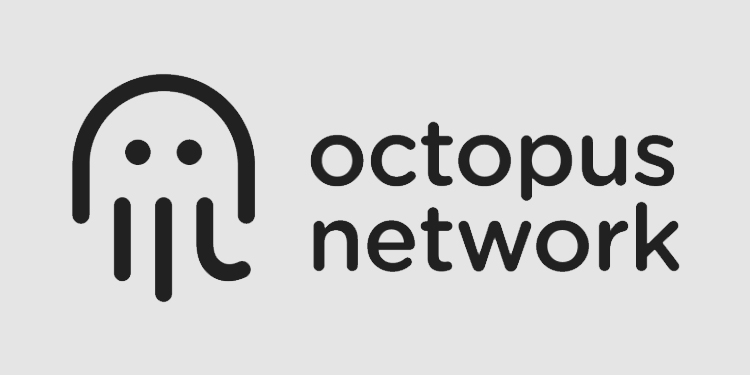Octopus Network, a third-generation multi-chain crypto network for bootstrapping and running Web 3.0 application-specific blockchains, aka appchains, has announced raising $5M in its Series A funding round.
Interoperable Web 3.0 crypto networks like Octopus Network, Polkadot, and Cosmos, and are often referred to as the “internet of blockchains” in the same way that today’s Web 2.0 internet TCP/IP standards define the internet as a “network of networks” with a vast range of services.
Series A investors include: Continue, Youbi, DCG, GFS Ventures, Vestigium, Autonomy Capital, LCG Ventures, Bluehelix, Finance Ventures, Jubi Lab, GTA Venture, Gains Associates, Aussie Capital, K300 Venture, Mayor Capital, NetZero Capital, ELEVATE, Chainridge, Megala Ventures, VIC Group, Jigsaw, OIG Ventures, Bigcoin Capital, Meridian Capital, Westorm, Move Capital (Angel DAO) and Gate.io.
In addition, Octopus Network ecosystem appchain protocols – Debio, Myriad Social, and Discovol — also participated in this Series A round.
Octopus Network / Appchains
Web3 refers to dApps running on blockchains, with lower transaction costs and faster transaction speeds, that are owned by the user community rather than profit extracting corporations. Web 3.0 aspires to return value to the real creators of the internet, its users.
But so far, Web 3.0 application development has had to sacrifice great user experience because distributed ledger technology is more technologically complex and expensive to build than Web 2.0 — which results in a downgraded user experience.
For a Web 3.0 application to replace a Web 2.0 application, it has to be a great Web application in the first place and provide a great user experience. Appchains solve this problem.
Appchains – decentralized application-specific blockchains — differ from dApps in that they have dedicated transaction processing capacity, which means that an application on an appchain doesn’t have to compete with other applications for transaction processing capacity on a network. Appchains enable developers to customize their application in terms of governance structure, economic design, and underlying consensus algorithm — even at the bottom of the tech stack.
An appchain can adjust and optimize all parameters of a blockchain. This includes consensus protocol, execution environment, P2P communication, data K/V storage, Runtime, and wallet interaction, and the topmost application logic that can be customized. This is similar to the secret of why the iPhone experience is good — vertical integration — from chip to machine, from hardware to software, integrated in order to achieve the ultimate user experience.
While new frameworks such as Substrate and Cosmos SDK give Web 3.0 developers a much bigger and better design space to deliver fully optimized Web3.0 applications and have significantly reduced the cost of developing appchains, appchains are still relatively complex and expensive to launch.
The Octopus Network reduces the cost of publishing appchains by millions of dollars and can host an unlimited number of appchains. Appchains in the Octopus Network benefit from flexible and cost-effective leased security (LPoS), out-of-the-box multichain interoperability, complete infrastructure, and a ready-to-be-engaged community.
Octopus Network states that, in Octopus, each appchain gets to decide its own economic model, including how many tokens it’s willing to pay validators for security. Octopus token holders can decide which appchain they’d like to stake on, creating a free market where appchains can lease the security they need at the market price at any time, providing unlimited flexibility and scalability.
“One of the key design considerations for Octopus Network is making Web 3.0 accessible to all Substrate and Web 3.0 developers by solving the problem of how to lower the cost of both bootstrapping and operating an app-specific blockchain. Octopus will offer mass adoption for Web 3.0 apps, which allows Web 3.0 to be realized sooner and by more protocols than other platforms.”
– Louis Liu, Founder, Octopus Network
This month Octopus Network plans to launch its mainnet and its first appchain, DeBio, a decentralized Biomed network, in October. Further, the Octopus Foundation will directly fund 20 appchain projects through the Octopus Accelerator Program each year, granting them up to $1M.
The Octopus Accelerator Program is a collection of open and composable courses and seminars available to Substrate developers and Web 3.0 teams.
